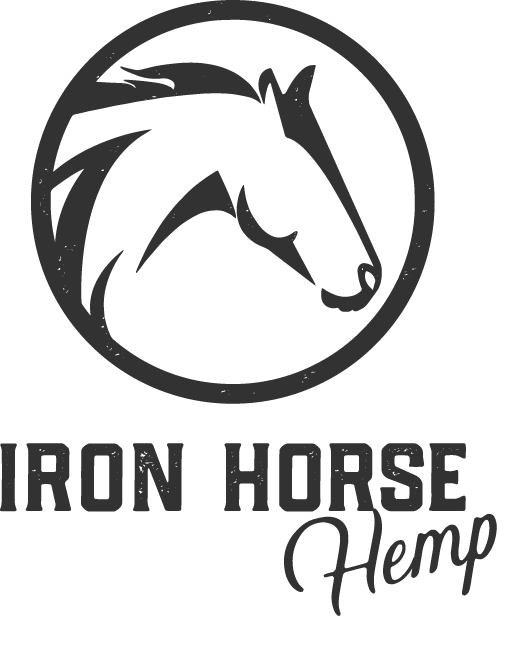Written By: Brittany Davis, MSc, PAS
Photography By: Pale Horse Photography
What are omega fatty acids?
Omega-3 and omega-6 fatty acids are both types of polyunsaturated fatty acids (PUFAs) that are essential components of a balanced diet and important for health. They play important roles in various bodily functions, including brain function, growth and development, and inflammation. Hempseed oil has the highest concentration of PUFAs compared to any other commonly fed oil.
Omega-3 fatty acids, such as EPA (eicosapentaenoic acid) and DHA (docosahexaenoic acid) are typically found in fish and seafood, while alpha-linolenic acid (ALA) is found in plant sources such as flaxseeds, chia seeds, camelina and hempseed. Omega-3 fatty acids are considered to be anti-inflammatory and are associated with a variety of health benefits, including reducing the risk of heart disease, improving brain health, and reducing inflammation.
Omega-6 fatty acids, such as linoleic acid (LA) are typically found in plant-based oils, such as soybean oil, corn oil, and sunflower oil. Omega-6 fatty acids also have important functions in the body, but in contrast to omega-3s, high levels of omega-6s have been linked to inflammation and other health problems when not balanced with an adequate amount of omega-3s. It is important to note that horses do need some Omega-6 fatty acids in their diet for proper healthy body function. Most omega-6 fatty acids do play a role in inflammation, which can sound bad, but is actually important to help protect your horse in cases of injury or infection. Omega-6 fatty acids also have important roles in brain function by creating important neurotransmitters, in cellular membrane structure, and even in reproductive health as the building blocks of important reproductive hormones.
It is important to maintain a balance between omega-3 and omega-6 fatty acids in the diet, as too much omega-6 can exacerbate inflammation and offset the benefits of omega-3s. The ideal ratio of omega-3 to omega-6 is not known, but is thought to be between 1:1 and 1:4. The omega-3 to omega-6 ratio in hemp oil is ideal at around 1:3.
What is GLA?
Gamma-linolenic acid (GLA) is an omega-6 fatty acid that is found in only a few sources, with hempseed being one of them. GLA is considered to be a "good" omega-6 fatty acid because it has anti-inflammatory properties. This is because it can be converted in the body into an anti-inflammatory compound called prostaglandin E1 (PGE1). PGE1 helps to reduce inflammation by decreasing the production of pro-inflammatory compounds and increasing the production of anti-inflammatory compounds. Additionally, GLA may support the immune system by promoting the production of white blood cells.
GLA has been studied for its potential benefits in a number of health conditions in humans, including eczema, rheumatoid arthritis, diabetes, and heart disease. However, many of the studies on GLA have been small and inconclusive, and more research is needed to fully understand its potential benefits and risks.
GLA is not found in significant amounts in most commonly fed vegetable oils. Hemp oil is one of the few oil sources that contains a high amount of GLA. In horses, supplementing with GLA from hemp oil may help to reduce inflammation associated with conditions such as arthritis, allergies, and skin issues. It may also help to improve hoof health and support the immune system.
However, it is important to note that more research is needed to fully understand the potential benefits of GLA from hemp oil in horses, and it is always important to consult with a veterinarian or nutritionist before giving any supplement to your horse.


